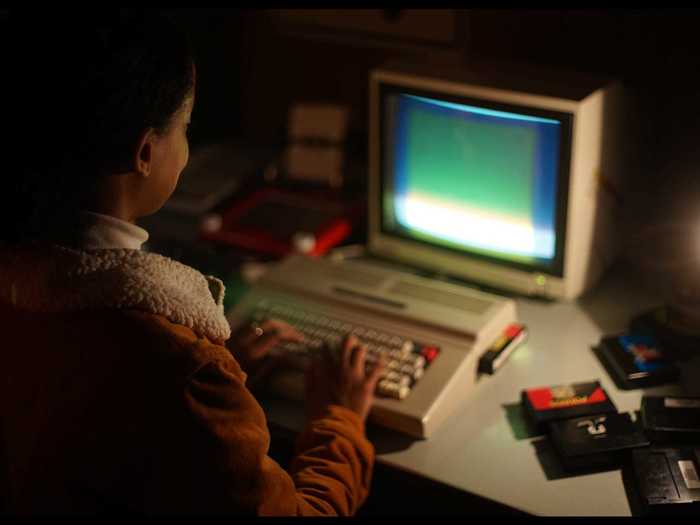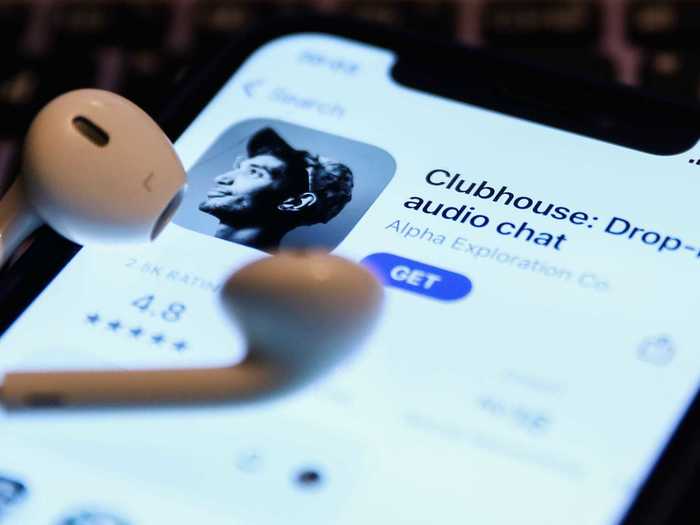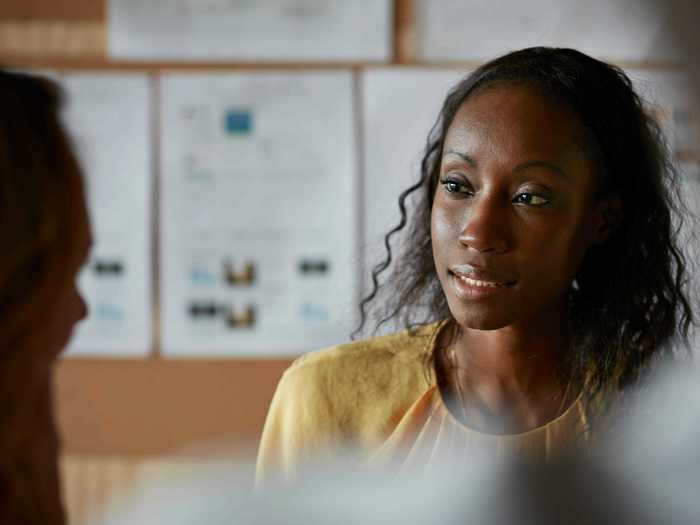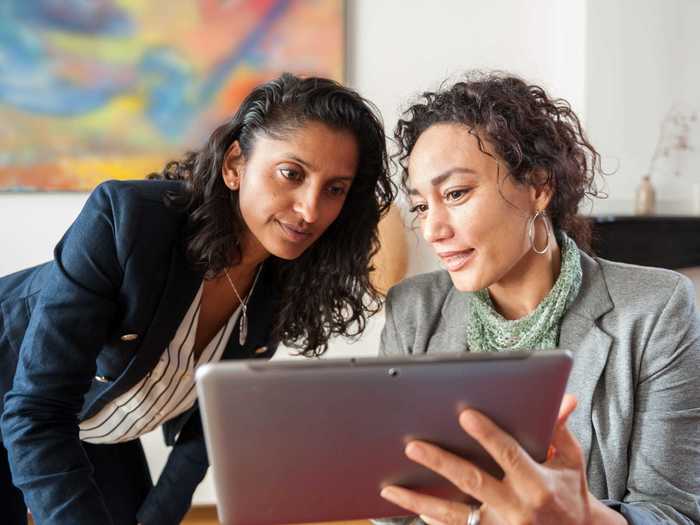Geriatric millennials are familiar with both old and new forms of communication.Noam Galai/Getty Images
- The term "geriatric millennial" divided the Internet this spring in a viral Medium article.
- The author spoke to Insider about why it both resonated with and offended readers.
- She also shared the hallmarks of a geriatric millennial and how they straddle the workplace's digital divide.
Author and leadership expert Erika Dhawan never expected the term "geriatric millennial" to go viral.
A self-identified geriatric millennial (which she defines as elder millennials born in the early 1980s), Dhawan told Insider she first heard the term at brunch with friends and related to it. But when she wrote about this micro-generation's influence in connecting older and younger generations in the workforce for Medium this past spring, it quickly went mainstream and divided the Internet.
While many, like Dhawan, related to the term, others were offended by it.
"I think that the fact that the word 'geriatric' carried such a negative connotation really also has the question: What's wrong with being old?" she said. "The way that individuals reacted, I think should encourage all of us to start a reflection on how we view older members of our society."
Dhawan said she's spent a decade investigating, researching, and finding new ways to encourage collaboration and communication in the workplace, which she explores in her new book, "Digital Body Language." She said that while interviewing American workers, she found that some micro-generations were "impossible to ignore."
She said that geriatric millennials are unique because they straddle a digital divide between older and younger generations in the workplace, which enables them to bridge communication styles.
The hallmarks of this micro-generation aren't meant to exclude younger millennials who may have experienced them as well, she added.
"What it's really meant to do is pinpoint a specific moment in time where the digital tools were primitive and where we were coming of adulthood," she said. "We can look at all millennials as being the same, but there are differences based on our experiences at different life stages."
Meet the typical geriatric millennial, according to Dhawan.
You were born in the early 1980s, making you in your mid-to-late 30s or early 40s.
A mother works remotely in the same room as scattered children's toys.
Marka/Getty Images
Dhawan defines geriatric millennials as those born from 1980 to 1985. That means they're turning ages 41 to 36 this year.
But age is just one component. "Micro-generations are not simply just the years you were born, but, the strongest indicator is really how you use and engage with technology," Dhawan said.
You remember PCs, the days of early dial-up, and MySpace.
secret agent mike/Getty Images
Whereas younger millennials don't know a world without digital tools as a primary form of communication, Dhawan said, geriatric millennials remember when they were very primitive.
"They were the first generation to grow up with a PC in their homes. They joined the first social media communities on Facebook and MySpace. They remember dial-up connections, collect calls, and punch cards," she added.
They also remember things like Napster for burning CDs, as well as the regular flip phone. "Those that are maybe two to five years older than us know truly a world of, you know, mobile phones and never had to memorize people's phone numbers for landline," she said.
But you also feel comfortable on TikTok and Clubhouse.
Jakub Porzycki/NurPhoto via Getty Images
While geriatric millennials are fluent in the early days of the internet and digital technology, they've also been able to easily adapt to newer forms of digital media, like TikTok, which may be unfamiliar to older generations like baby boomers and commonplace among younger generations like Gen Z.
"This is a unique cohort that straddles digital natives and digital adapters," Dhawan said, adding that they've spent the same amount of years in both analogue and digital forms of communication, making them fluent in both.
Despite your digital skills, you're also aware of the importance of personal communication.
Klaus Vedfelt/Getty Images
Geriatric millennials also remember the importance of traditional body language, Dhawan said. "The lean-in, the direct eye contact ... those are critical traits, even in our digital world."
That means they're comfortable with communication styles of boomers and Gen Xers, she added, while adapting to the the communication style of younger, digital native millennials and Gen Z.
"It's critically important to keep adapting to the times while, remembering the importance of physical, face-to-face communication," she said.
You act as a bridge in the workplace.
Lucy Lambriex/Getty Images
Dhawan believes that being skilled in both digital and personal forms of communication enables geriatric millennials to serve in a hybrid role in the workplace.
For example, she said, a geriatric millennial would know to send a Slack message to a Gen Z co-worker instead of calling them out of the blue, which they might find alarming. But they would also know to be mindful of an older co-worker's video background and help walk them through such technology.
"They can help straddle the divide," she said. "They can teach traditional communication skills to some of those younger employees and digital body language to older team members."
She likened the geriatric millennial's role to being a translator, akin to learning a new language in a new country. "They can cater to the needs of different people and have different degrees of understanding of the digital world, but also they have a patience for the digital world that maybe future generations won't because they don't know a world without it."





